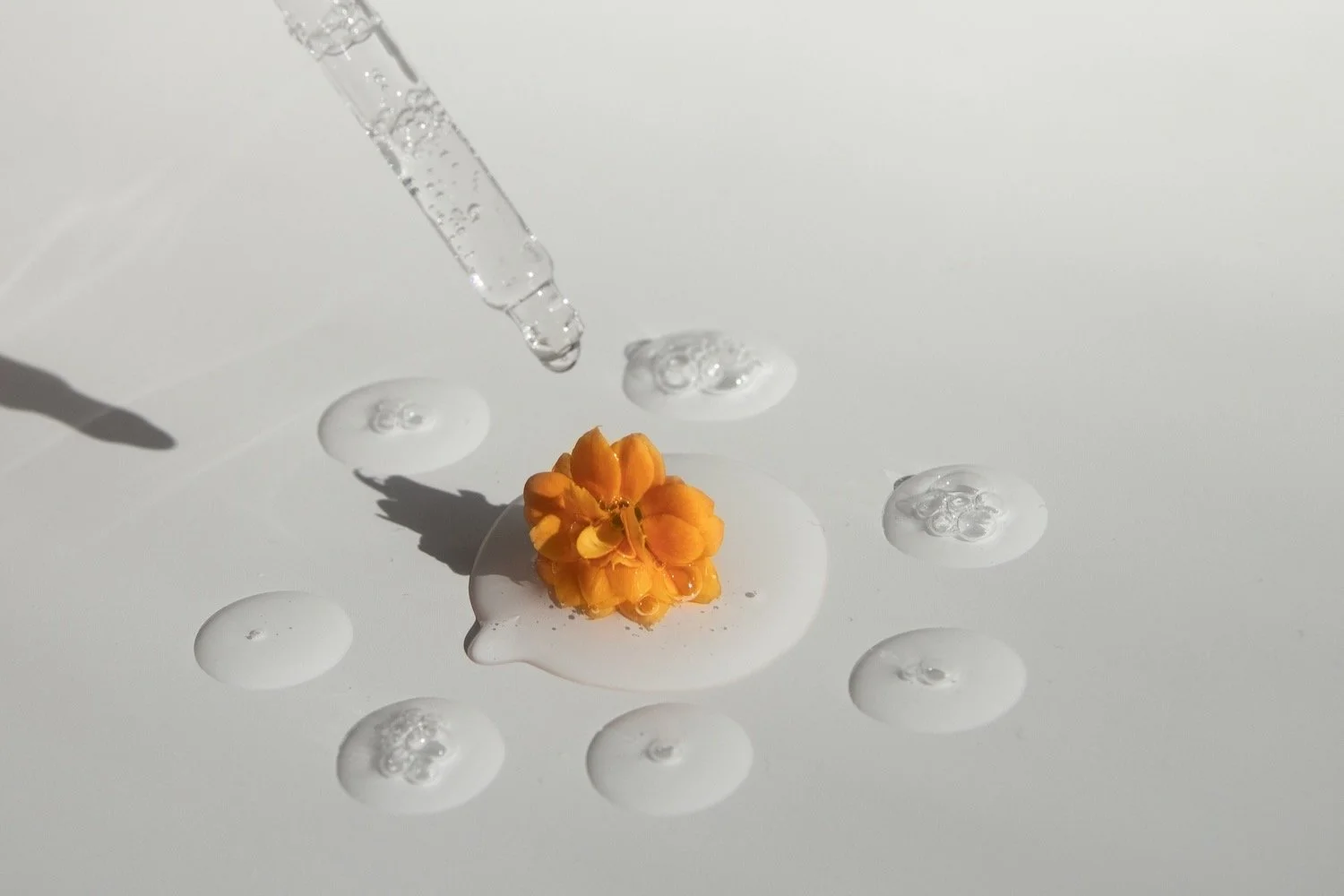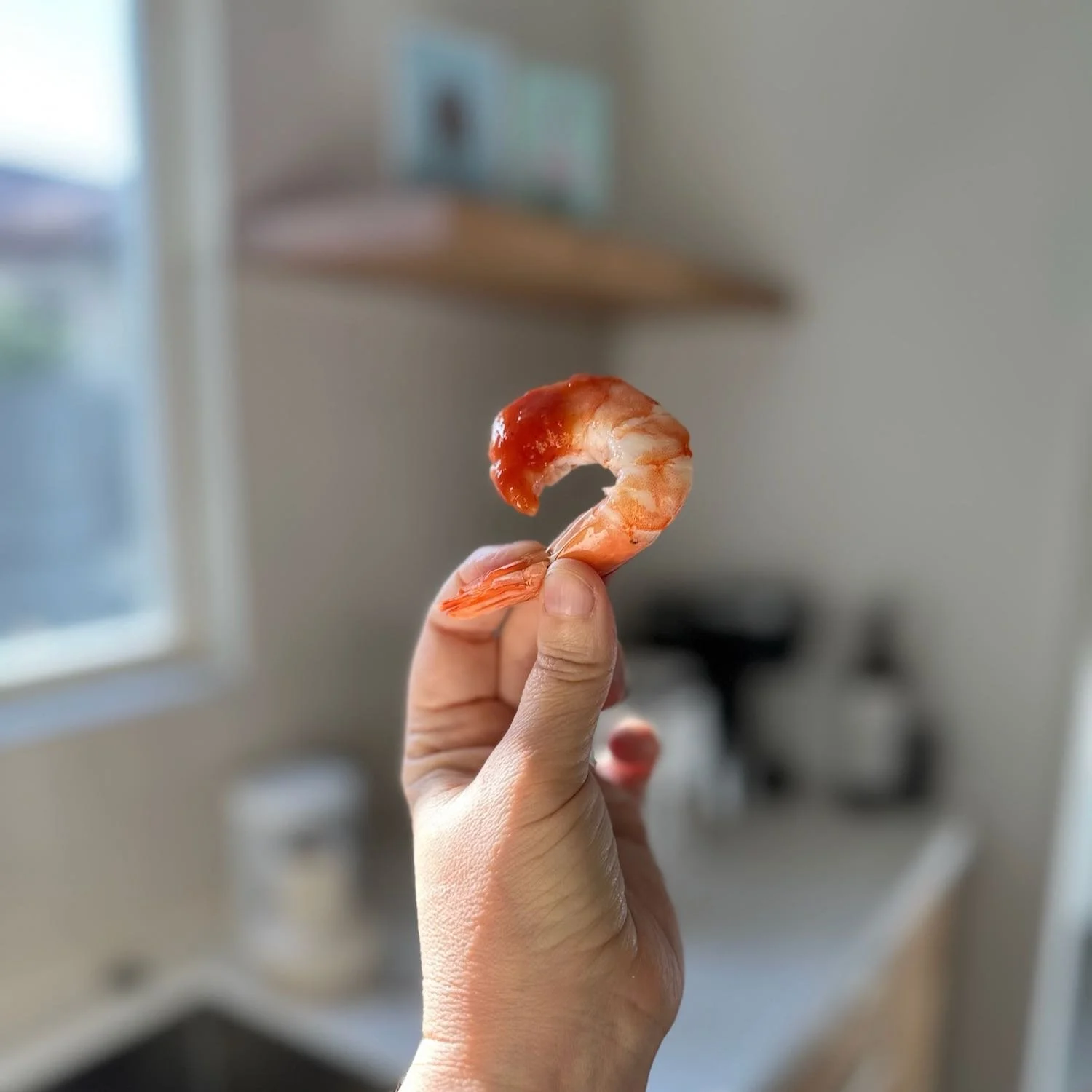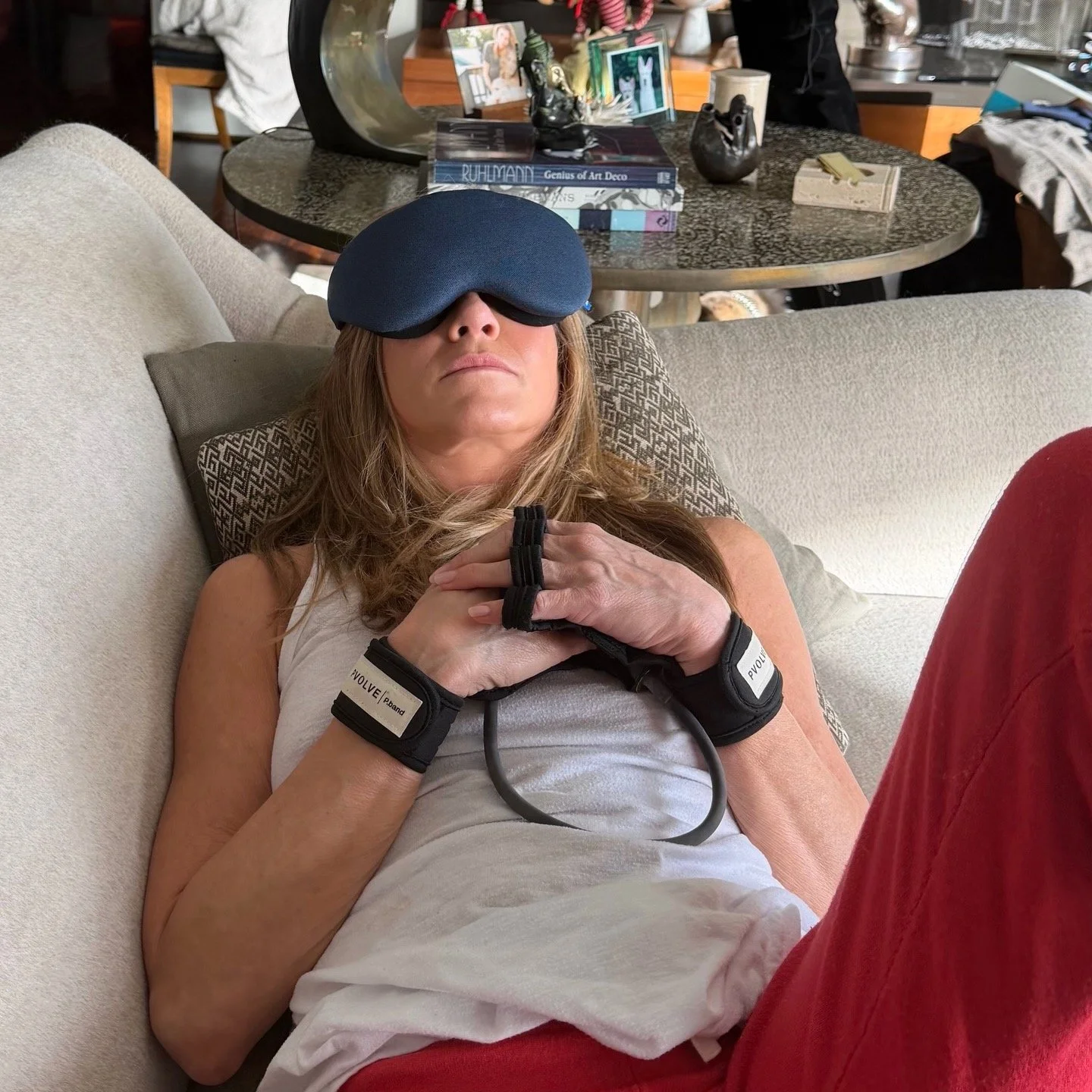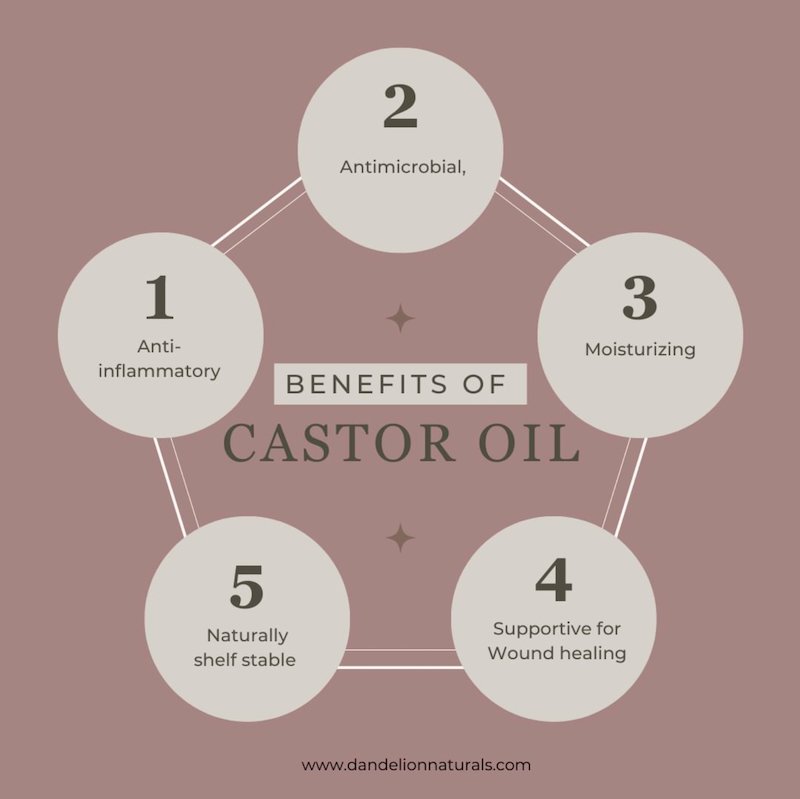This Old School $5 Product Isn’t In Your Medicine Cabinet But It Should Be
by The Candidly Team
We’re sort of getting to the age where all of the potions and elixirs our grandmother pulled from her medicine cabinet which promised to cure/treat/soothe about 47 things no scientist ever corroborated are, in fact, kind of amazing.
And some of them are still flying under the radar.
Which brings us to one in particular. It’s not sexy or alluring and could definitely do with hiring new PR, but here it is:
Castor Oil.
Many of us first heard of castor oil from the now unshakeable image of it being gulped down pre-pie eating contest in Stand By Me. But there’s more to the story than it just being a natural laxative. And a lot of it is unexpected.
So what IS castor oil?
Castor oil is a vegetable oil made from a plant that commonly grows in the eastern part of the world. Because of its suspected anti-microbial and anti-inflammatory properties and its rich dose of fatty acids, people have spent centuries talking about how it might help hair and skin stay silky and supple respectively.
Ancient Egyptians would use it to help keep their hair growing strong, and to this day, there are people who pronounce left and right that it helps with everything from hair growth to dandruff to wrinkles to wound healing to toxin removal.
But like we said, there just isn’t the science there to back up most of these claims. The FDA has only approved castor oil as a laxative.
However, that doesn’t mean it doesn’t possess some splendid apothecary powers.
Why aren’t more people talking about it if it’s so amazing?
Listen, there’s a lottttttt of scientifically unsubstantiated “wellness” products out there (cough, collagen) that the market has created a multi-billion dollar industry for. And while we know that where oils are concerned, some are just so magical that they’re worth their weight (read “price”) in gold, castor oil costs next to nothing, so it’s not necessarily a sexy, profitable choice. Which we sort of speculate could contribute to why people aren’t quite as motivated to study it.
Ok, so now that you have the low-down, let’s get to the claims.
The Benefits Of Castor Oil
It goes without saying, but obviously, anyone considering using this oil for anything that might double as a form of “treatment” should talk to their doctor beforehand.
While it’s possible and can be dangerous to overdose on castor oil, the potential side effects of small amounts are seemingly the usual suspects. They can cause an allergic reaction or things like an upset stomach or diarrhea when taken orally. And pregnant people should steer clear as it can jumpstart labor. And depending on your skin type, it could certainly cause breakouts or irritate sensitive skin.
However, if you’re not allergic, struggling with certain digestive issues, or pregnant, castor oil that’s applied to the skin or taken in small quantities tends to be harmless. And it’s a more natural alternative to certain health and beauty products that can contain potentially risky additives.
So, what are those mused about rewards of castor oil?
1. It can help with constipation – First, the most obvious. A small dose of castor oil can help you go, and while there’s certainly other laxatives out there, some people prefer this one for going a more “natural” route.
2. It could be useful in helping clear acne - Ricinoleic acid, which is present in castor oil, has been thought to reduce the growth of bacteria. And although, any oil can run the risk of leading to a breakout for some, for others, the low comedogenic score of castor oil could make it less likely to clog their pores.
3. It might help with wrinkles - Again, no study has proven this to be a sure thing, but its antioxidant and anti-inflammatory properties have been separately known to “help fight free radicals and may slow the aging process.”
4. It traps moisture in your skin - Castor oil is a “humectant,” meaning it keeps moisture trapped in your skin. This deep dose of hydration may help with things like reducing dryness and puffiness and tightening sagging skin. Many people use it on eye bags, but it’s also a good choice for “slugging.” Just be sure to wash it off in the morning.
5. It could help with healing wounds - Again, because of its moisture-sealing powers, castor oil can help keep wounds from drying out, while potentially soothing skin inflammation. It may also help ward off some of the microbes that can lead to bacterial infection and sickness.
6. It keeps brows and lashes conditioned - To this day, many people echo the Ancient Egyptian idea that castor oils helps hair grow strong and thick. And while studies have yet to back that up, it works wonders for conditioning brows and lashes.
7. It might help with arthritis pain - Being as it’s such a hardcore anti-inflammatory agent, some research points to castor oil relieving arthritis symptoms when applied to achy areas.
Should I use it?
If we haven’t already scared you off, you should know that castor oil is generally considered safe when used as directed. And if you’re ready to test it out, here are some tips:
Buy organic – keep it clean and good quality.
Don’t spend – it’s just not necessary.
Dilution is often a good thing – For applying castor oil, choose one that’s mixed with another oil like coconut, almond, or jojoba oil (or mix it yourself). This is recommended to help dilute the oil, so it’s actually more easily and safely absorbed by the skin.
After testing it out, apply and leave it on the skin to do its thing - Test a few drops on your skin first and leave it for a full day to make sure you don’t have a reaction. Once you know your skin can handle it, you can apply a solution and leave it on for 20 minutes to overnight. Always wash it off and proceed with the rest of your skincare routine. It’s advised not to eat or drink anything while it’s on your face.
And finally, let us know if your skin transforms, and we can say that our witchy little grandmother was, once again, actually right.
This article is for informational purposes only. It is not intended to be used in place of professional advice, medical treatment, or professional care in any way. This article is not intended to be and should not be a substitute for professional care, advice or treatment. Please consult with your physician or healthcare provider before changing any health regimen. This article is not intended to diagnose, treat, or prevent disease of any kind. Read our Terms & Conditions and Privacy Policy.









